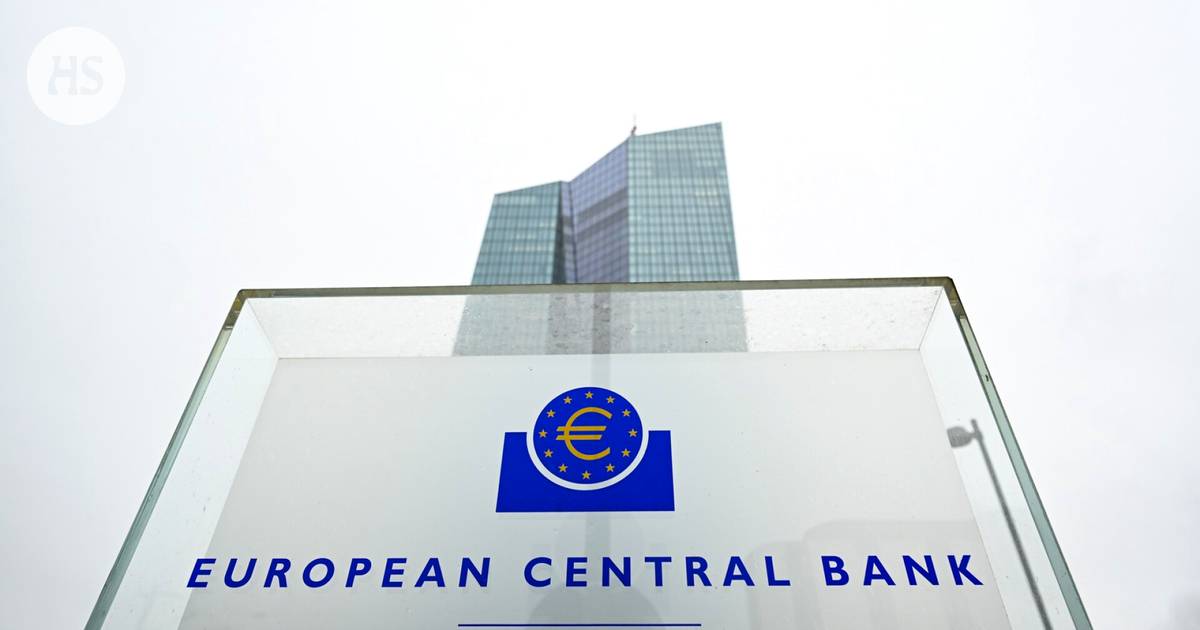The European Central Bank (ECB) is set to lower its key interest rates by 0.25 percentage points on Thursday, signaling a shift in monetary policy. This move is likely to ease the financial burden of mortgage debtors, particularly in Finland, where almost a third of households have a mortgage. Economists predict that the ECB will cut policy rates by 0.25 percentage points two to three times this year, with the 12-month Euribor rate expected to be around three percent at the end of the year.
The interest rate cut is expected to have positive psychological effects on households and companies, restoring confidence in the future. However, broader economic effects will require more interest rate cuts and clearer indications that Euribor rates are falling. The uncertainty regarding the ECB’s future steps and interest rate outlook remains high, particularly with regard to wage developments and inflation in the euro area.
While mortgage borrowers may see immediate benefits from lower interest rates, economists expect that it will take some time for these benefits to translate into increased spending and investment. The specific effects of the interest rate cut will depend on how quickly banks pass on these savings to their customers in terms of reduced loan payments or lower borrowing costs.
Overall, the ECB’s decision to lower its key interest rates is a significant development for mortgage borrowers and may have broader economic implications. However, it remains uncertain how long this trend will continue and what other measures the ECB may take to support economic growth in Europe.


